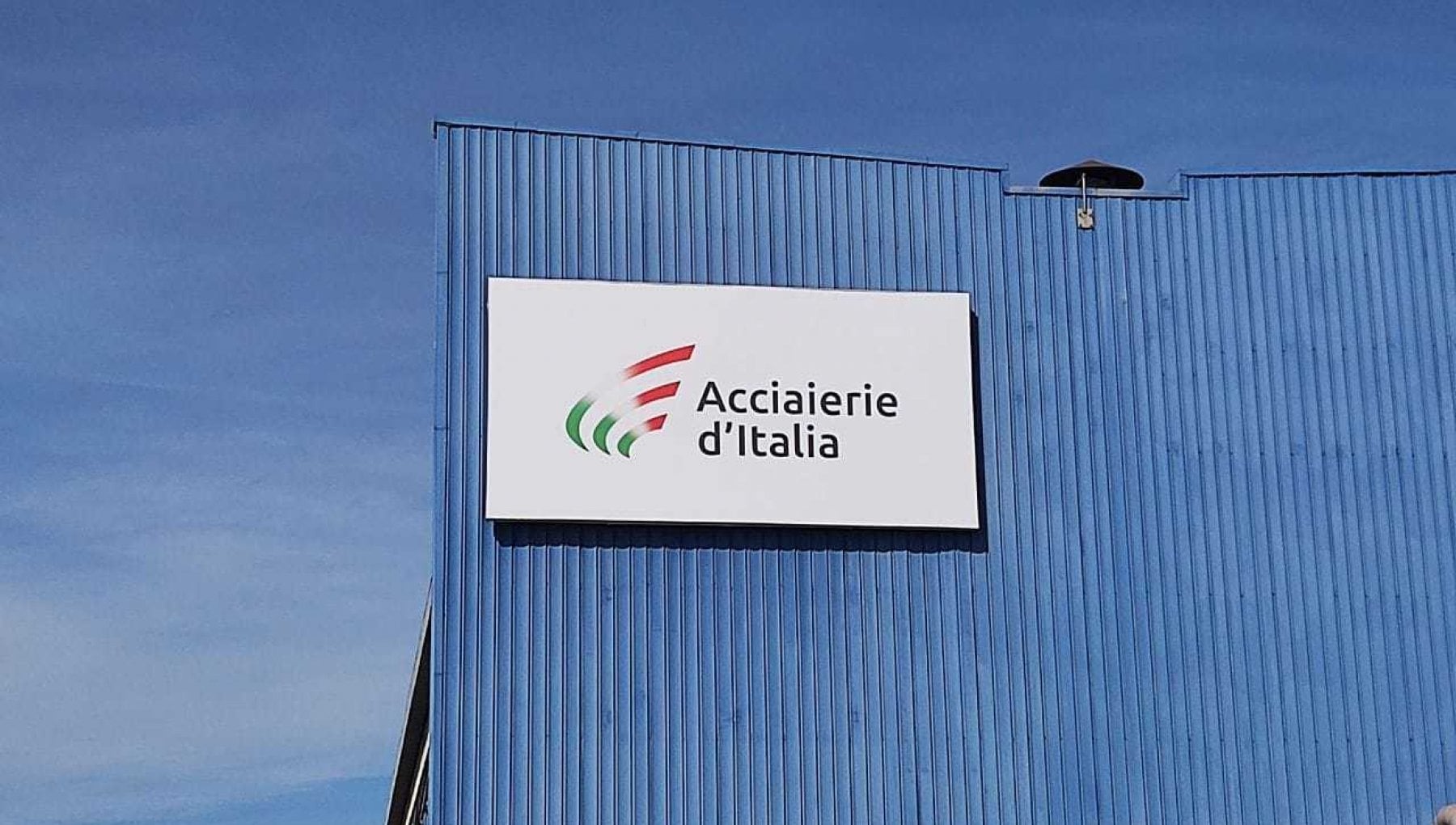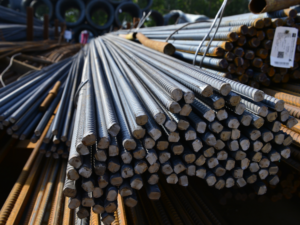Italy will receive €1 billion ($1.06 billion) from the European Commission (EC) within the framework of the Just Transition Fund (JTF) scheme that supports the energy transition of contaminated and degraded areas caused by industrial exploitation. Part of the funds will go to the decarbonisation of the troubled steelmaker Acciaierie d’Italia’s main facility in Taranto, the largest and most obsolete steel plant in Europe and one of the most polluting, Kallanish learns from the EC.
The funds will support economic diversification, accelerate renewable energy and green hydrogen investment, and retrain employees in Taranto to convert the steelmaking process to green production. Some 4,300 workers will be retrained to develop new skills in green steelmaking. JTF will finance new wind farm projects in the area, green hydrogen production plants and geothermal ventures for both the Taranto facility and residential buildings. Local SMEs will be able to access part of the grant to boost economic diversification, develop skills related to the energy transition and accelerate the development of technology for decarbonisation, the EC explains in a note and adds that a green area of parks and reforestation around Taranto is also planned to restore degraded land.
A chunk of the €1 billion funds will also support the green conversion of the coal mine of Sulcis Iglesiente, in Sardinia and boost the area’s economic diversification, agriculture and tourism including retraining 2,250 workers in the energy transition, Kallanish notes.
The Just Transition Mechanism invests in areas degraded by carbon emissions. Funds are dedicated to workers’ reskilling, research and development, SME’s clean energy projects and the conversion of carbon-intensive plants.
Acciaierie d’Italia, the joint venture formerly known as Ilva between ArcelorMittal and state financial body Invitalia, is going through “strong financial trouble and a serious production situation,” Made in Italy minister Adolfo Urso said earlier last week during a Q&A session at the Senate in Rome. The company has piled up several million in debt to some of its main suppliers, including large Italian energy companies Snam and Eni. The steelmakers’ output has collapsed from 10 million tonnes in 2005 to approximately 3mt this year, when the target of the industrial plan was to reach 6mt, Urso said. He pointed to the lack of a clear industrial plan to stop the company’s decline.
The Italian government may inject between €500 million and €1 billion into the troubled steelmaker. The funds however have not yet been released, which is causing unrest, strikes and fear of bankruptcy (see Kallanish passim).
Natalia Capra France






